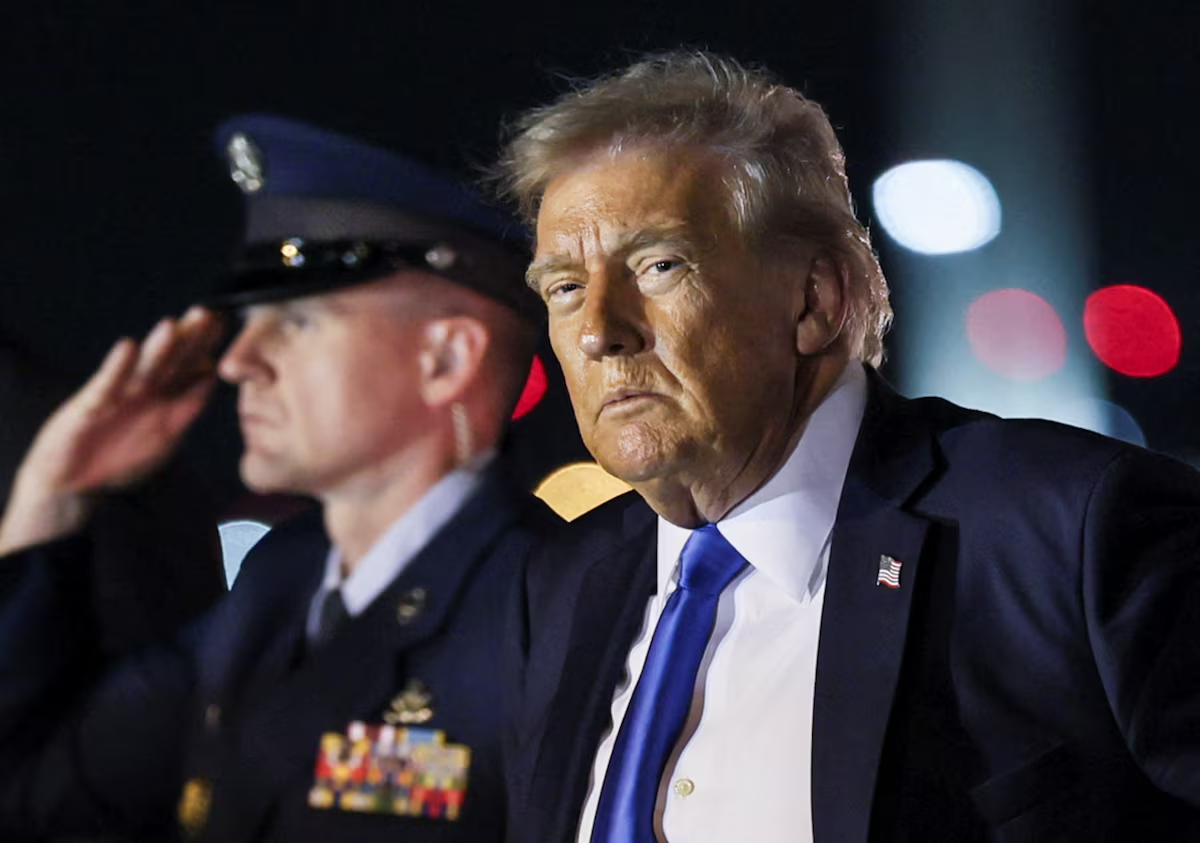On May 2, 2025, President Donald Trump unveiled a federal budget proposal for the 2026 fiscal year, aiming to reduce government spending by $163 billion. The blueprint prioritizes increased funding for defense and border security while implementing significant cuts to various domestic programs.
Key Highlights:
Defense and Border Security: The proposal includes a 13% increase in defense spending and allocates $1.26 billion for border security enhancements, supporting mass deportations and advanced border technology.
Domestic Program Reductions: Non-defense discretionary spending faces a 23% cut, returning to levels not seen since 2017. Notable reductions include a $2.49 billion decrease for the IRS, significant cuts to the Departments of Education and Housing and Urban Development, and a $50 billion reduction for the State Department.
Scientific and Health Research: The Department of Health and Human Services would see a 26.2% budget cut, with the National Institutes of Health (NIH) facing a 40% reduction, potentially leading to the closure of four of its 27 institutes. The Centers for Disease Control and Prevention (CDC) would have its budget nearly halved.
Environmental and Energy Programs: The Environmental Protection Agency (EPA) faces a 55% budget cut, impacting climate change initiatives and environmental justice programs. Funding for renewable energy projects and electric vehicle infrastructure would be significantly reduced, with a shift towards fossil fuel and nuclear energy development.
NASA and Space Exploration: NASA’s budget would be cut by $6 billion, leading to the termination of the Space Launch System (SLS) rocket and Orion crew capsule programs after their third mission in 2027. The administration plans to redirect funding towards more cost-effective commercial alternatives for future lunar missions.
Justice Department Agencies: Significant budget cuts are proposed for the Drug Enforcement Administration (DEA), Bureau of Alcohol, Tobacco, Firearms and Explosives (ATF), and the Federal Bureau of Investigation (FBI), potentially impacting their operational capacities.
International Aid: While the budget includes a $3.2 billion contribution over three years to the World Bank’s International Development Association, it proposes a $49 billion reduction in overall foreign aid, including cuts to the African Development Bank and African Development Fund.
Tax Policy: The proposal seeks to extend the 2017 tax cuts, which could add approximately $5 trillion to the national debt over the next decade. Critics argue that the tax cuts disproportionately benefit the wealthy and could exacerbate income inequality.
The budget proposal has sparked significant debate in Congress, with Democrats opposing the deep cuts to domestic programs and some Republicans expressing concerns over specific spending levels and potential impacts on their constituencies. As the proposal sets the administration’s priorities, it will undergo negotiations and modifications before any final appropriations are made.
Source: Reuters



